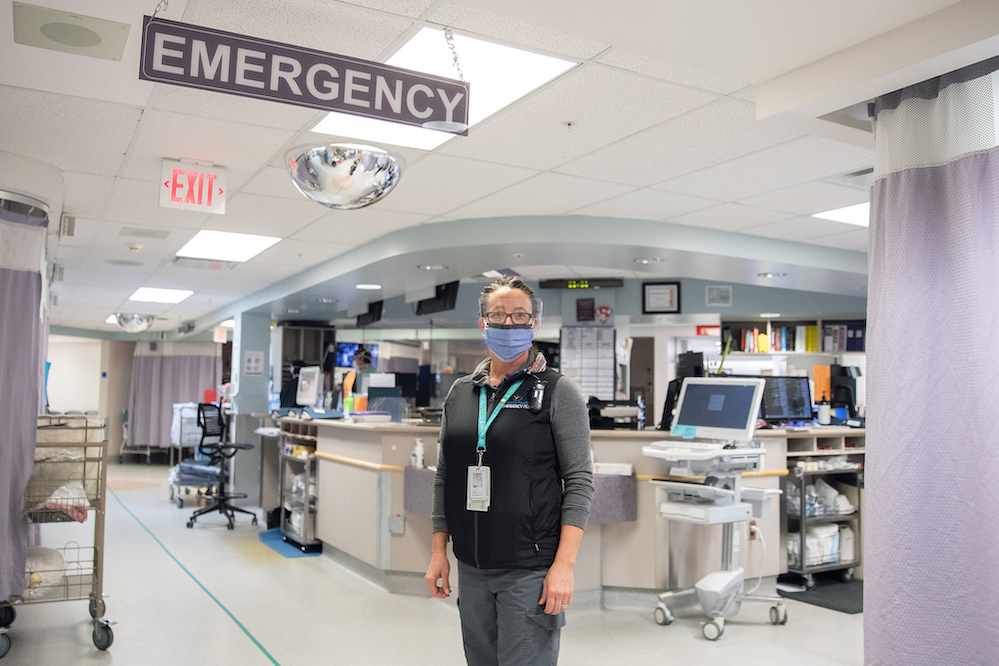ℚ𝕦𝕖𝕤𝕥𝕚𝕠𝕟𝕤 𝕠𝕧𝕖𝕣 𝕔𝕠𝕒𝕝𝕚𝕥𝕚𝕠𝕟 𝕕𝕚𝕣𝕖𝕔𝕥𝕚𝕧𝕖 𝕥𝕠 𝕣𝕖𝕛𝕖𝕔𝕥 𝕡𝕣𝕠𝕡𝕠𝕤𝕖𝕕 𝕔𝕙𝕒𝕟𝕘𝕖𝕤 𝕥𝕠 𝕙𝕖𝕒𝕝𝕥𝕙 𝕣𝕖𝕘𝕦𝕝𝕒𝕥𝕚𝕠𝕟𝕤 𝕠𝕧𝕖𝕣𝕤𝕖𝕖𝕟 𝕓𝕪 𝕎ℍ𝕆
ℚ𝕦𝕖𝕤𝕥𝕚𝕠𝕟𝕤 𝕠𝕧𝕖𝕣 𝕔𝕠𝕒𝕝𝕚𝕥𝕚𝕠𝕟 𝕕𝕚𝕣𝕖𝕔𝕥𝕚𝕧𝕖 𝕥𝕠 𝕣𝕖𝕛𝕖𝕔𝕥 𝕡𝕣𝕠𝕡𝕠𝕤𝕖𝕕 𝕔𝕙𝕒𝕟𝕘𝕖𝕤 𝕥𝕠 𝕙𝕖𝕒𝕝𝕥𝕙 𝕣𝕖𝕘𝕦𝕝𝕒𝕥𝕚𝕠𝕟𝕤 𝕠𝕧𝕖𝕣𝕤𝕖𝕖𝕟 𝕓𝕪 𝕎ℍ𝕆
𝕆𝕟𝕖 𝕠𝕗 𝕥𝕙𝕖 𝕔𝕠𝕒𝕝𝕚𝕥𝕚𝕠𝕟'𝕤 𝕗𝕚𝕣𝕤𝕥 𝕔𝕠𝕟𝕔𝕣𝕖𝕥𝕖 𝕒𝕔𝕥𝕚𝕠𝕟𝕤 𝕤𝕚𝕟𝕔𝕖 𝕥𝕒𝕜𝕚𝕟𝕘 𝕡𝕠𝕨𝕖𝕣 𝕙𝕒𝕤 𝕓𝕖𝕖𝕟 𝕝𝕒𝕓𝕖𝕝𝕝𝕖𝕕 𝕚𝕟𝕔𝕠𝕙𝕖𝕣𝕖𝕟𝕥 𝕒𝕟𝕕 𝕡𝕠𝕚𝕟𝕥𝕝𝕖𝕤𝕤 - 𝕨𝕙𝕚𝕝𝕖 𝕥𝕙𝕖 𝕃𝕒𝕓𝕠𝕦𝕣 ℙ𝕒𝕣𝕥𝕪 𝕚𝕤 𝕝𝕚𝕟𝕜𝕚𝕟𝕘 𝕚𝕥 𝕥𝕠 𝕔𝕠𝕟𝕤𝕡𝕚𝕣𝕒𝕔𝕚𝕖𝕤.
The Government's 100-day plan includes a directive to reject proposed changes to health regulations overseen by the World Health Organisation.
The regulations are supposed to help stop diseases spreading around the globe.
New Zealand First has demanded there has to be a national interest test first, before any amendments are accepted.
Deputy political editor Craig McCulloch reports.
.

.
𝕃𝕒𝕓𝕠𝕦𝕣 𝕨𝕒𝕟𝕥 𝕒𝕟𝕤𝕨𝕖𝕣𝕤 𝕠𝕧𝕖𝕣 𝕔𝕙𝕒𝕟𝕘𝕖𝕤 𝕥𝕠 𝕎ℍ𝕆 𝕣𝕖𝕘𝕦𝕝𝕒𝕥𝕚𝕠𝕟𝕤
Labour is demanding answers over a move by the new coalition government to defer decisions on proposed changes to international health regulations as part of its coalition deal with New Zealand First.
New Zealand First has demanded there has to be a national interest test first before any amendments are accepted.
The new Health Minister, Shane Reti, was not available to speak to Morning Report, but his spokesperson said New Zealand needs more time to consider the changes.
Labour's health spokesperson, Ayesha Verrall, says the move is troubling.
Verrall spoke to Corin Dann.
Overcrowding in hospital emergency departments is not being caused by people increasingly showing up with minor conditions, despite what some people may think.
Senior doctors writing in Friday's issue of the New Zealand Medical Journal say patients presenting at EDs generally do require urgent care, but hospitals need to be adequately resourced to safely manage the workload.
It comes amid growing concern about long waits in hospital emergency departments.
New Zealand chair of the Australasian College of Emergency Medicine Dr Kate Allan spoke to Corin Dann.
.

.
ℙ𝕠𝕝𝕚𝕥𝕚𝕔𝕒𝕝 𝕡𝕒𝕟𝕖𝕝
What a week it has been for our newly sworn-in coalition government.
This week to discuss the action we're joined by RNZ political reporter Katie Scotcher, Newhub's Political Editor Jenna Lynch, and the New Zealand Herald's Deputy Political Editor, Thomas Coughlan.





Comments
Post a Comment